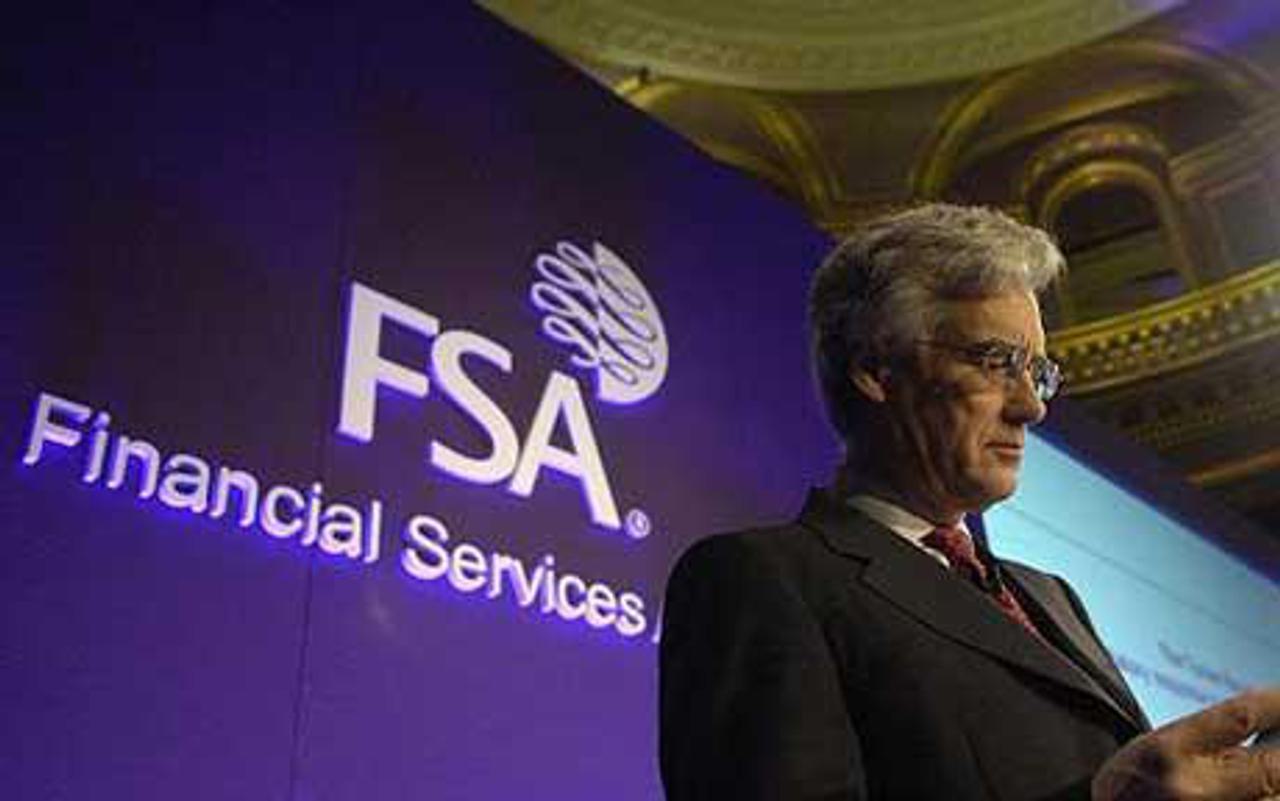
How many FSA groups are there liaising with the financial sector? So many it’s lost count.
FSA chairman, Lord Turner, doesn’t know how many groups he has for meeting industry.
The financial services regulator has so many groups and committees for liaising with industry that it says it would take more than 18 hours to draw up a list of them.
The Financial Service Authority has just refused the Bureau’s request for a list of these groups because it would take too long to compile. Eighteen hours is the maximum time a response to a Freedom of Information request may take before charges are incurred.
‘This is because a list of groups, committees and forums through which the FSA consults on or discusses its rules and/or regulatory policy is not held centrally or in an easily accessible format,’ it said. ‘Where such groups exist, any details would be spread across all areas of the FSA.’
In the wake of the financial crash, the regulator has been criticised for being too close and cosy with the industry it regulates.
The body nicknamed the Fundamentally Supine Authority by Private Eye is widely believed to have fallen victim to ‘regulatory capture’ – a situation where the regulator starts acting in the interests of the regulated industry rather than the public.
All regulators need to talk to industry, and no-one is suggesting that financial regulation should be created in a vacuum. But to avoid ‘regulatory capture’ liaison with firms and their lobbyists should be structured and transparent.
How is this possible if the FSA is unable to easily say who is meeting whom, or when or why?
Consistent transparency would also be good. The FSA has proved curiously reluctant to release minutes of some industry group meetings under Freedom of Information – or the names of attendees. It claims this would breach data protection law as the meetings take place under Chatham House rules, and attendees have not consented to their involvement being made public.
Yet the regulator is happy to publish minutes and names of attendees of some meetings – all the minutes of its securitisation standing group are available, for example. The minutes for November 2011 carried a warning to the banks that some of their employees were still up to no good.
‘The FSA had been made aware of certain questionable practices in the asset-backed securities market over the last 18 months,’ the minutes said. ‘These included discretionary managers selling assets at non-market prices to avoid triggers, and secret deals.’
Both situations could result in certain investors having access to privileged information. ‘ The FSA went on to point out that securities markets were only just re-emerging as a funding source for credit institutions across Europe and the UK. Dodgy practices could undermine them afresh.
There is clearly a public interest in this information being in the public domain. Apart from anything else it adds weight to arguments that the bonus system needs to be changed. On this evidence, some bankers’ desire to earn bonuses is still outweighing their concern for the long-term reputation of their bank, and for the economy in general.
Why the FSA can’t be similarly transparent about all its meetings – and all its warnings – isn’t clear.




